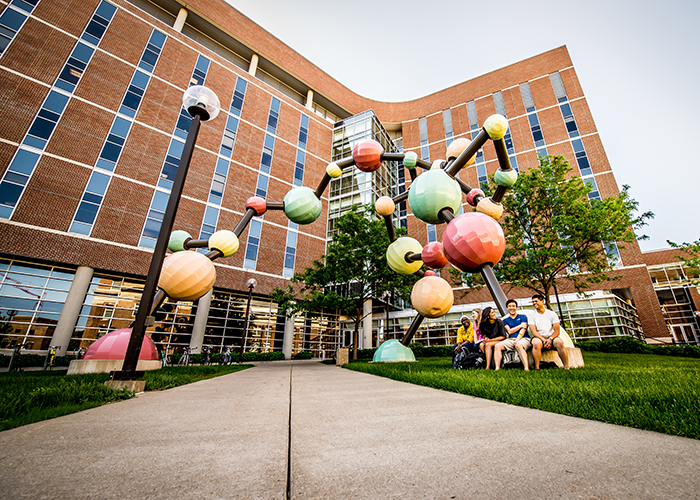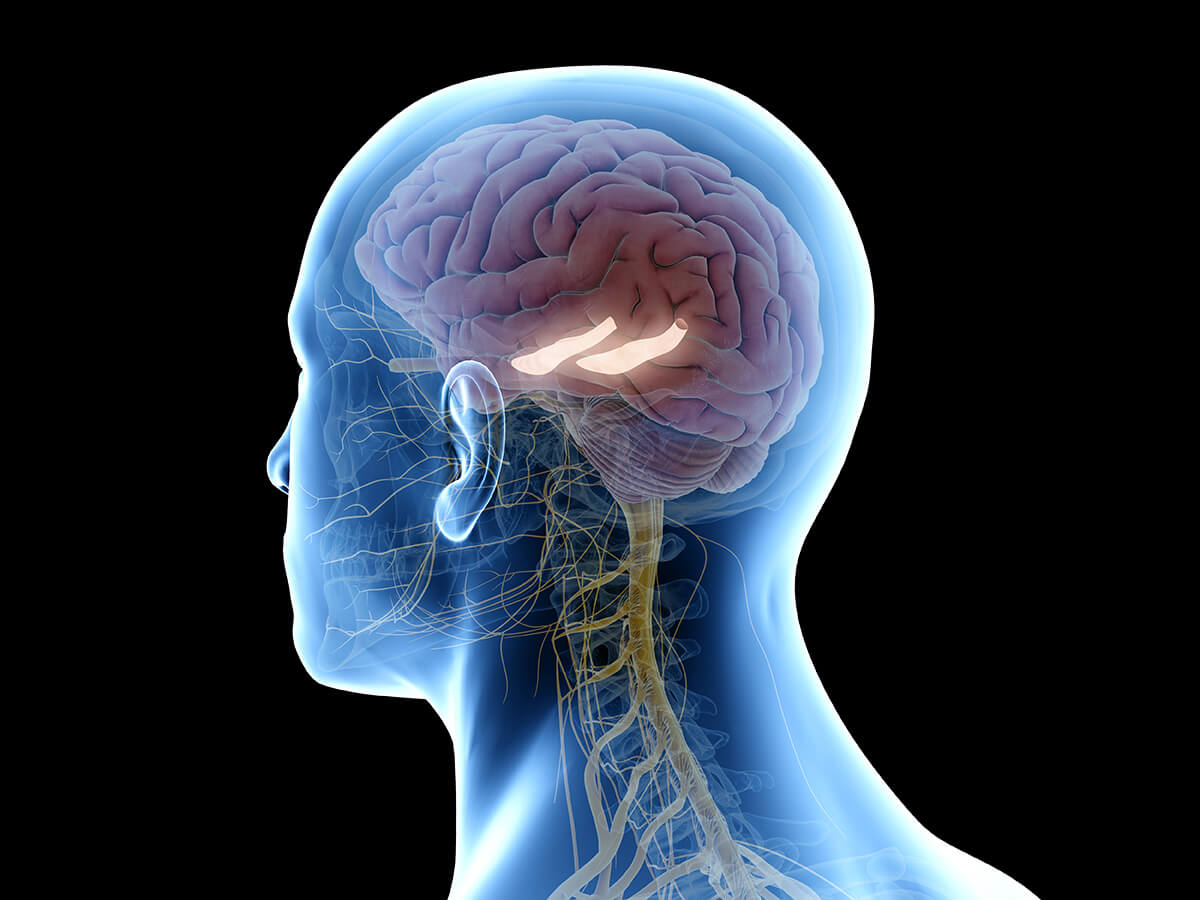Dr. Angeline Dukes
Pioneering neuroscience research and advocacy for diversity in STEM

Biography
From founding Black In Neuro to pioneering research on adolescent drug exposure, Dr. Dukes is making a positive impact both neuroscience and scientific inclusion.

UMN Molecular and Cellular Biology building, where Dr. Dukes conducts her research.
Fun fact: I (Bennett) have been to a conference in this exact building!
Current Role and Background
Dr. Angeline Dukes is an Assistant Professor of Neuroscience at the University of Minnesota, a position she has held since January 2023.
As a first-generation American with a Trinidadian mother and Haitian father, Dr. Dukes brings a unique perspective to her work in neuroscience and advocacy for diversity in STEM.
Education & Early Career
Dr. Dukes earned her B.A. in Biology from Fisk University, a historically Black college and university (HBCU), in 2017.
She went on to complete both her M.S. and Ph.D. in Neurobiology & Behavior at the University of California, Irvine (UCI), where she specialized in adolescent neuropharmacology.
Interestingly, Dr. Dukes entered neuroscience graduate school without having taken any neuroscience classes as an undergraduate.
Founding Black In Neuro
In summer 2020, during the height of racial justice protests and pandemic isolation, Dr. Dukes sent a tweet seeking community with other Black neuroscientists.
That single tweet became the catalyst for Black In Neuro, an international organization dedicated to promoting and supporting Black scholars in neuroscience and related fields.
As Founding President (2020-2023), Dr. Dukes grew the organization to over 1,300 members across more than 60 countries and hosted over 110 free public events, creating significant visibility and networking opportunities for Black neuroscientists.
Recognition & Impact
Dr. Dukes was named to Forbes 30 Under 30 (2024, Social Impact category) in recognition of her scientific contributions and transformative work in diversity, equity, and inclusion in neuroscience.
Her advocacy and leadership have been featured in major media outlets including CBS, and in prestigious scientific journals such as Nature, Neuron, and Nature Medicine.
Today, Dr. Dukes continues her dual impact as both a cutting-edge neuroscientist studying adolescent brain development and drug effects, and as a powerful advocate for inclusive science and identity in STEM.
Research & Contributions
Dr. Dukes investigates how adolescent exposure to substances like nicotine and THC affects brain development and behavior into adulthood.

Dr. Dukes's research investigates how nicotine and THC affect the hippocampus and other brain regions
Adolescent Drug Exposure Research
Dr. Dukes's research investigates how adolescent exposure to substances like nicotine and THC (the main psychoactive component in marijuana) affects brain development and behavior into adulthood.
Her work examines the long-term effects of teen drug use on adult learning, memory, anxiety, and drug-seeking behavior, with particular attention to sex-specific outcomes in animal models.
Dr. Dukes's research shows us that adolescence is a critical developmental window during which the brain is especially vulnerable to long-lasting changes from drug exposure.
Neurocircuitry and Addiction
Neural Circuit Discoveries
Dr. Dukes co-authored a significant study identifying alpha 3-containing nicotinic receptors in the habenula-interpeduncular pathway as key regulators of nicotine intake, helping clarify how specific neural circuits modulate addiction.
Sex Differences in Drug Response
Her research has revealed important sex-specific effects of adolescent drug exposure on adult nicotine self-administration, highlighting how males and females may be differently vulnerable to the long-term impacts of early drug use.
Interdisciplinary Approach
Dr. Dukes's research combines behavioral neuroscience, developmental neuropharmacology, and circuits-level analysis in preclinical models.
Her interdisciplinary methodology lets her bridge public health concerns, brain development knowledge, and the neurobiology of addiction in ways that have both scientific and societal impact.
Her work is particularly valuable for understanding how early life experiences (specifically drug exposure during adolescence) can shape brain function and behavior throughout the lifespan.
Science Advocacy and Public Impact
Beyond her laboratory research, Dr. Dukes has made significant contributions to science advocacy and equity in neuroscience, co-authoring the influential "Open Letter to Mentors of Black Neuroscientists" in Nature Reviews Neuroscience.
She has published important pieces in Neuron and Nature Medicine addressing systemic barriers, mentorship challenges, and diversity reform in science, helping to shape the conversation around inclusion in STEM fields.
Through Black In Neuro, Dr. Dukes has pioneered large-scale outreach and professional development events that have created significant visibility and opportunities for Black scientists in neuroscience and related fields.
Future Directions
As she builds her laboratory at the University of Minnesota, Dr. Dukes continues to expand her research on adolescent neurodevelopment and substance exposure, with a focus on identifying potential interventions to mitigate long-term negative effects.
Her impact as both an innovative neuroscientist and a powerful advocate for inclusive science positions her to transform both our understanding of the adolescent brain and the landscape of who contributes to that understanding.
Dr. Dukes leads a movement that recognizes that advancing science requires not only rigorous research, but also deliberate efforts to ensure diverse perspectives are included.
Course Connection
Dr. Dukes's research provides real-world applications of the neuroscience concepts we've learned in class.
Behavioral Neuroscience and Drug Effects
Dr. Dukes's studies on how substances like nicotine and THC alter behavior and cognition directly relate to the content we learned about endocannabinoids in lecture 7.
Her research helps us understand how brain chemistry can affect motivation, reward, anxiety, and memory—concepts we've learned about in module 6.
Neurodevelopment and Sensitive Periods
Her research showing that teen drug use leads to lasting neurobiological changes highlights adolescent brain plasticity.
This work offers a real world connection to the Neuroplasticity and Neurogenesis content we learned about in module 7.
Neural Circuits & Addiction
Her research on the habenula circuit deals directly with the concepts of addiction, motivatoin, and dopamine reward systems we learned about in module 15, showing that multiple brain networks govern behavior.
This work reinforces the idea that there are numerous systems and circuits at play that influence and determine behavior.